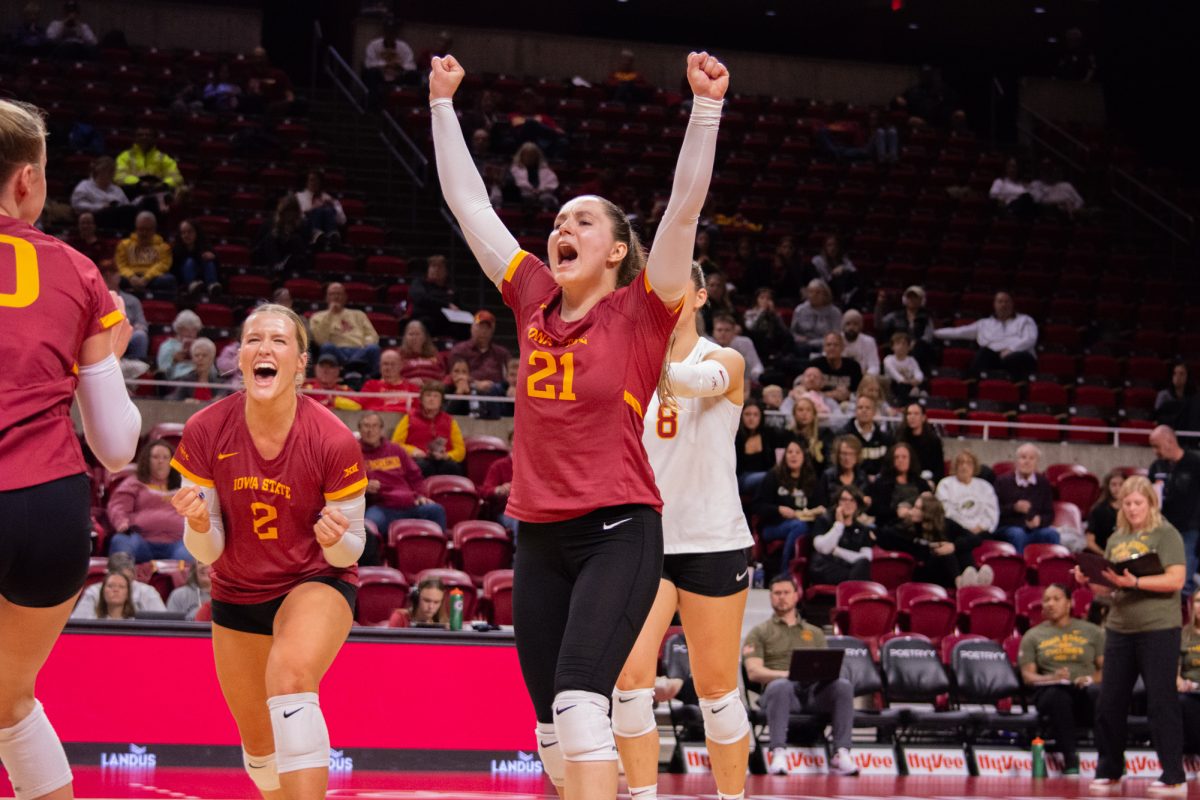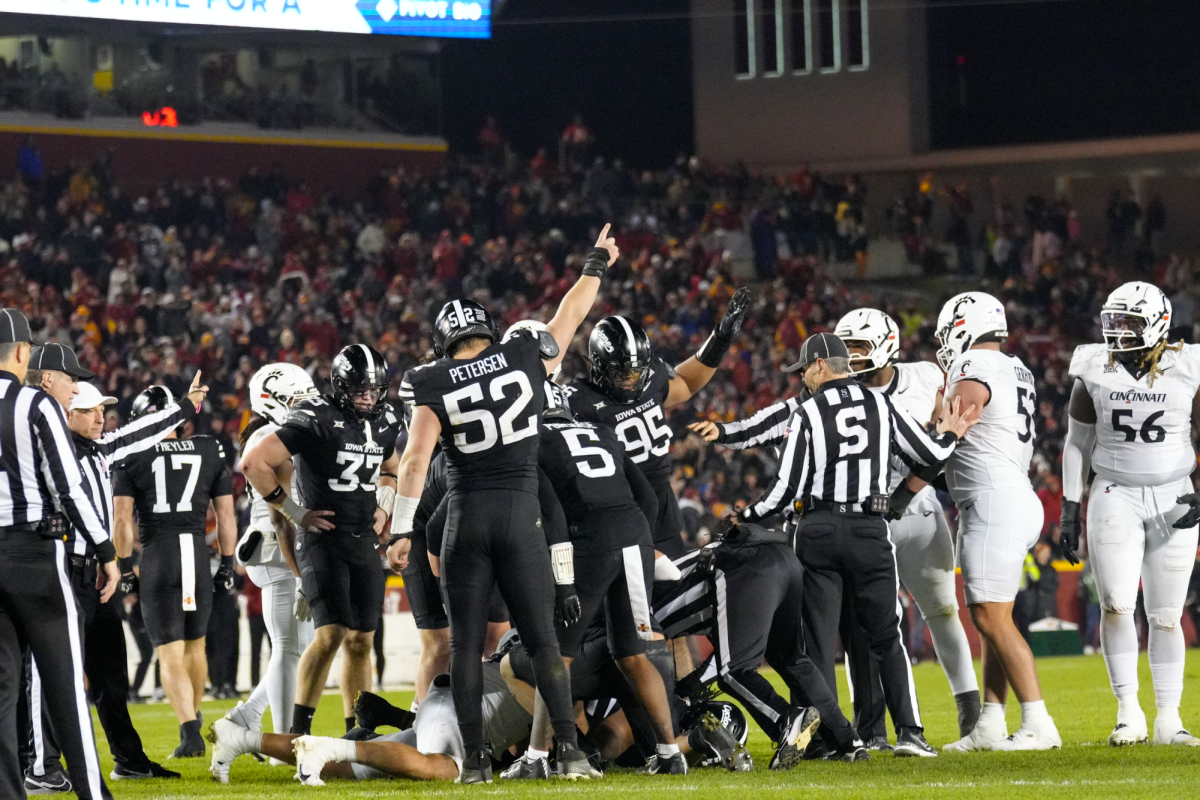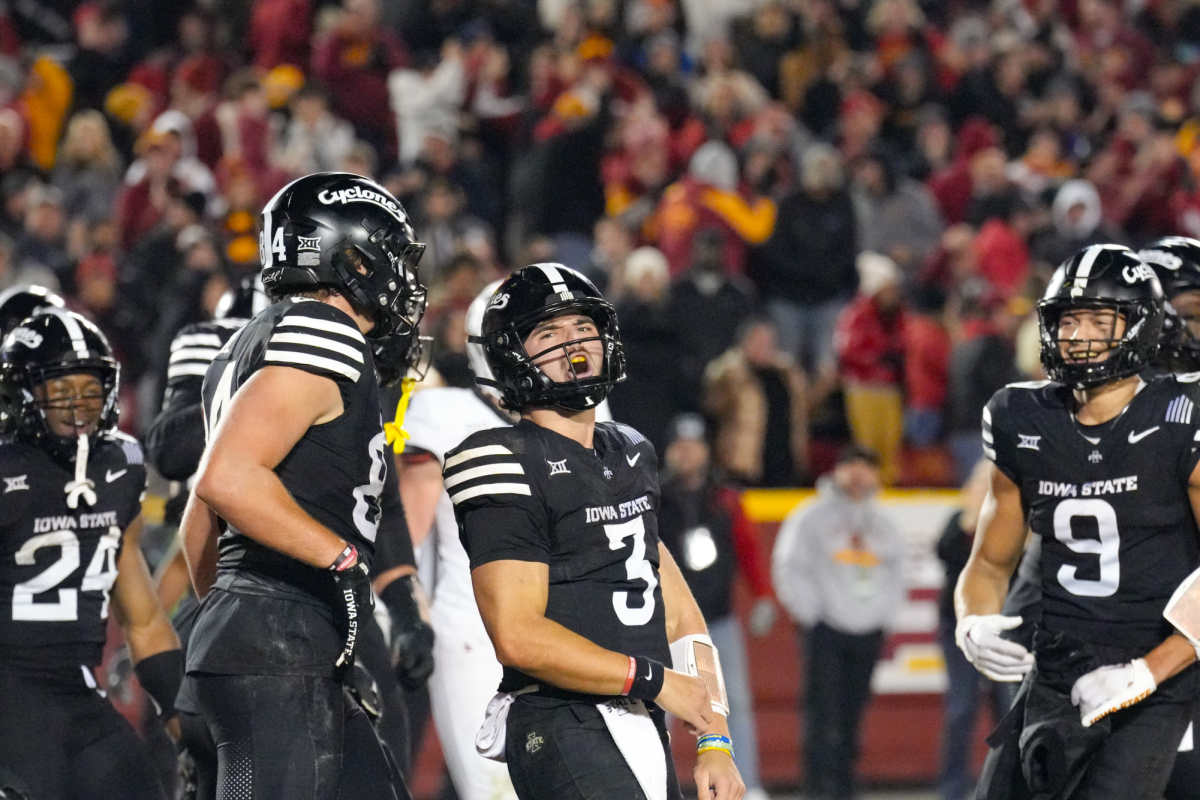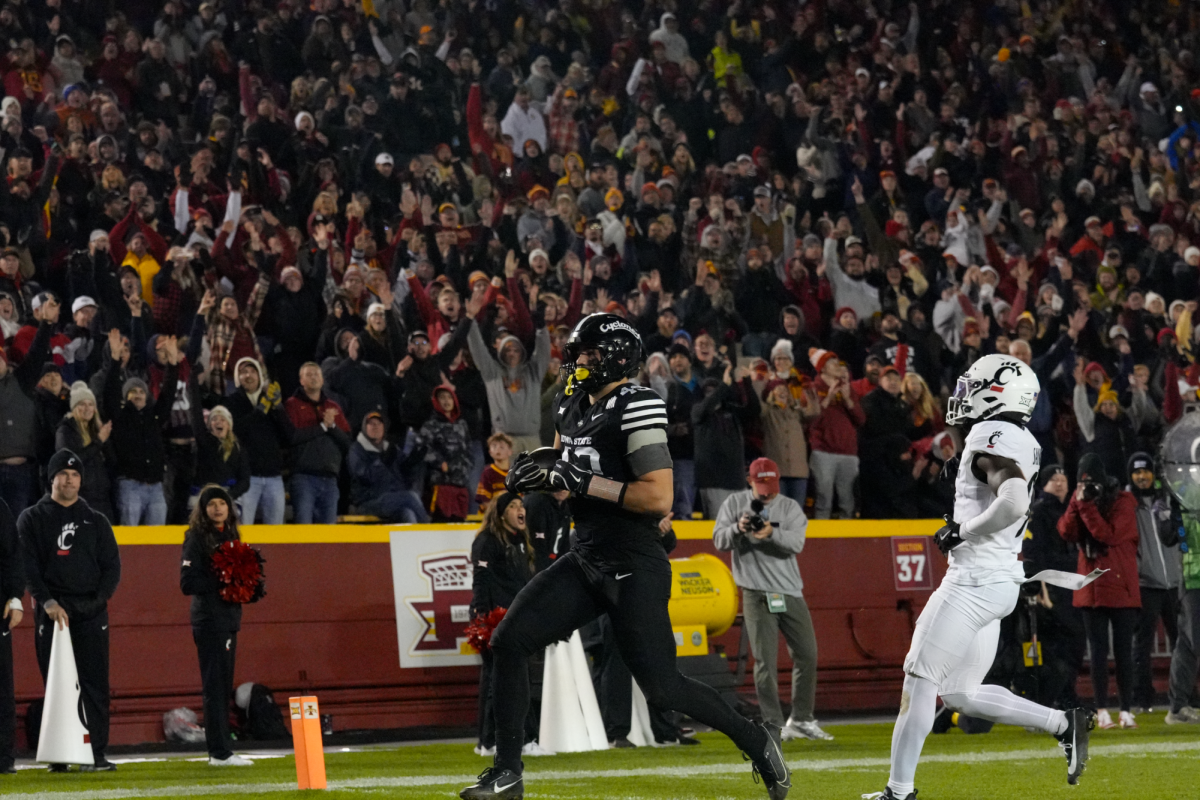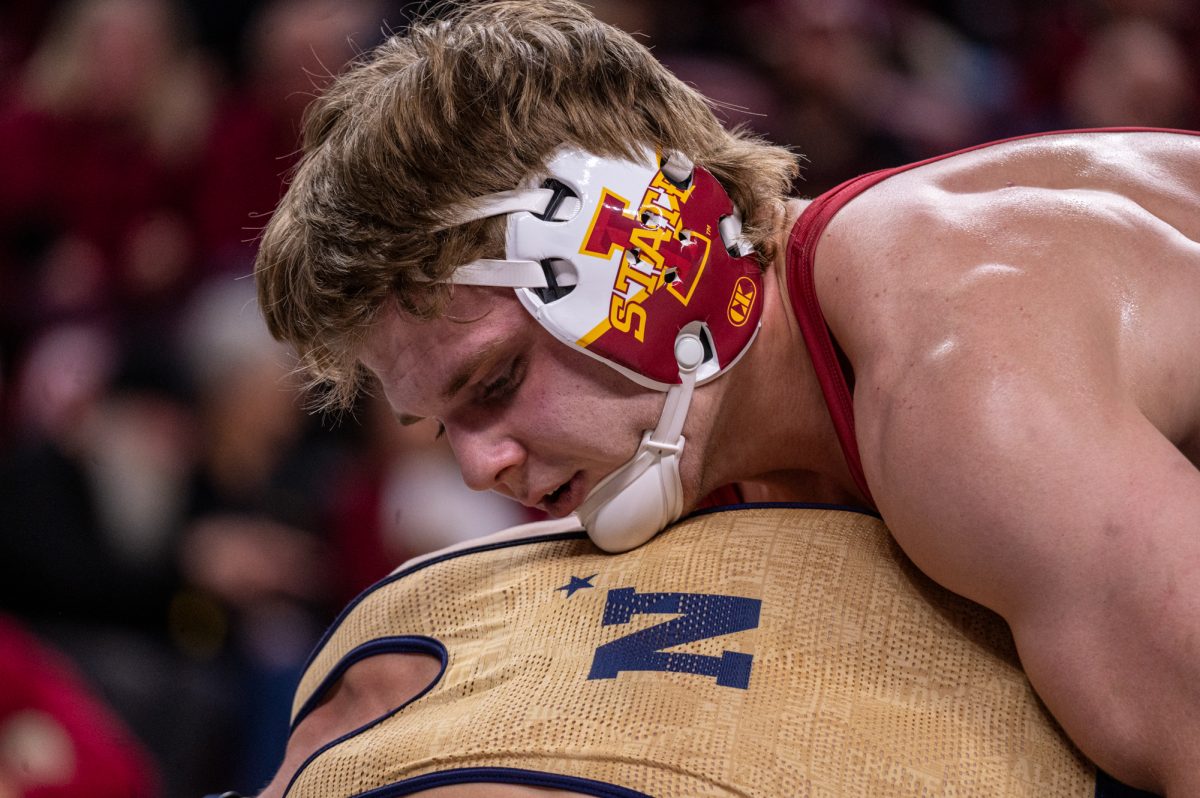Lower voter age considered in Iowa
June 14, 2004
Iowa is one of 14 states in which some are trying to lower the voting age to allow 17-year-olds and other younger citizens a chance to voice their opinions.
The issue has gained national attention after the California Legislature agreed to consider giving 14- to 17-year-olds partial votes.
In 1971, the legal voting age was changed from 21 to 18 with the passage of the 26th Amendment.
This amendment was spurred by the discontentment of youth who were old enough to serve in Vietnam but not old enough to vote for the government officials who were sending them there, according to the Youth Vote Coalition Web site, www.youthvote.org.
The movement to include 14- to 17-year-olds was started in Iowa by University of Northern Iowa student Anne Craig.
While working on an assignment for her high school civics class, Craig started brainstorming a way to lower the local voting age to 17 with help from her teacher, Jeanine Redlinger.
“I believe getting kids interested in politics and how it relates to them when they are young will help create more young voters in the future,” Craig said.
Craig began her research by talking to city council and school board members. The research is carried on each year by Craig and Redlinger’s civics students in an effort to bring the proposal to the state Legislature.
“I know many 18-year-olds who graduate from high school, move off to college and don’t read the newspaper or watch news on TV,” Craig said.
“They have so much going on in their lives that they don’t have time to start another new thing, like keeping up to date with their community.”
Three bills pertaining to this subject have been introduced in the Iowa Legislature in 2003 and 2004. The bills failed to gain approval but have kept the topic in discussion.
Robert Lowry, associate professor of political science, said he doesn’t think lowering the age would change very much.
“When they lowered it from 21 to 18, it didn’t really increase voter turnout,” said Lowry. “In fact, 18- to 21-year-olds are less involved.”
Seth Landau, ISU coordinator for the New Voters Project, said his organization doesn’t plan to focus on policy change.
The organization is aimed more at getting the people old enough to vote to participate. However, Landau said he agrees with the concept of youth participation.
“When you get into the habit of voting, you’re more likely to do it again and again,” Landau said.
Landau encourages young people to write to their state officials and help political organizations get older people out to vote.
“You’re never too young to have your voice heard by political leaders,” Landau said.
Other states considering lowering the voting age include Alaska, Arizona, California, Florida, Hawaii, Maine, Maryland, Massachusetts, Michigan, Minnesota, North Dakota, Pennsylvania and Texas.
The issue is also being discussed worldwide. Officials in Belgium, Canada, Germany, South Korea and the United Kingdom are considering lowering the voting age by one to two years.
As the discussion in Iowa carries on, Craig is working on an online newspaper designed to educate young people with in-depth and important information aimed specifically at the young audience.
“The stories will be about current events and issues that you might read about in a newspaper, but they will have enough background information for people who don’t keep up to date with the news,” Craig said. “They will also explain how the story or issue relates to young people and why they should care about it.”


